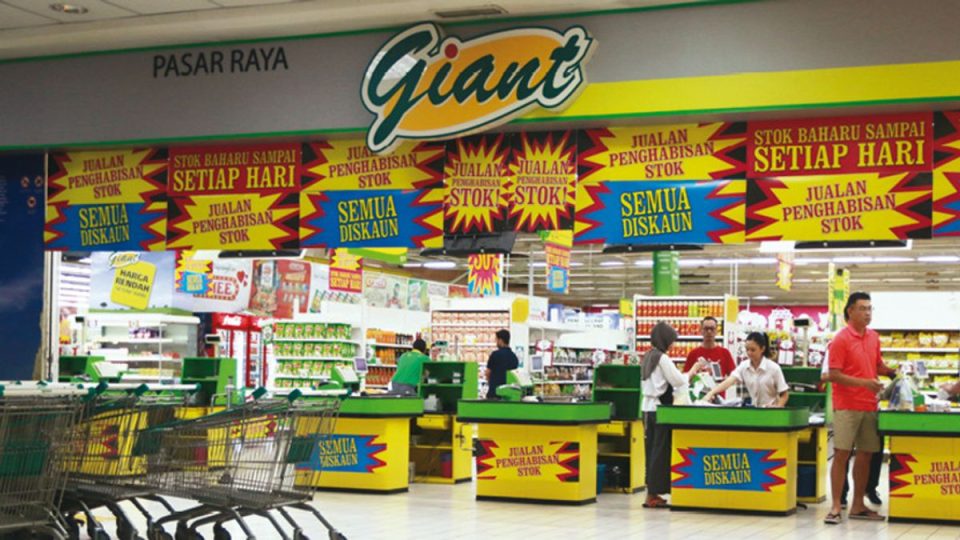Indonesia, the largest archipelagic country in the world, boasts a retail industry that has largely remained a mystery to the Western world. While the West may be familiar with the retail giants in Europe and the United States, Indonesia’s retail landscape is a diverse and dynamic ecosystem that is experiencing significant growth and transformation. In this article, we will shed light on Indonesia’s thriving retail industry and provide insights into its unique characteristics and promising prospects.
Market Size and Potential
Indonesia, with its population of over 270 million people, represents an enormous consumer market. The nation’s rising middle class and urbanization have fueled increased consumer spending, making it an attractive destination for retailers looking to expand beyond Western markets. The retail sector’s vast potential is evident in the growth of both domestic and international retail players.
Key Features of Indonesia’s Retail Industry
- Traditional Markets and Modern Shopping Centers: Indonesia offers a blend of traditional markets and modern shopping centers. Traditional markets, known as “pasar,” provide a unique shopping experience with a wide array of products, while upscale malls offer a more Western-style shopping experience.
- E-commerce Boom: Indonesia has experienced a remarkable surge in e-commerce, driven by the rapid adoption of smartphones and increased internet connectivity. Marketplaces like Tokopedia and Bukalapak are leading the way in connecting consumers with a diverse range of products.
- Franchising Opportunities: Western fast-food chains and retail brands have successfully entered the Indonesian market through franchising agreements. Brands like McDonald’s, KFC, and Starbucks have established a strong presence across the nation.
- Local and International Players: The retail landscape is a mix of local and international retailers, offering consumers a wide variety of products and shopping experiences. From traditional textile stores to international fashion brands, Indonesia’s retail industry caters to diverse tastes.
Challenges and Opportunities
While Indonesia’s retail industry holds immense promise, it also faces several challenges:
- Logistics and Infrastructure: Indonesia’s geography presents logistical challenges due to its vast archipelago. Ensuring efficient supply chains and transportation infrastructure remains a key challenge.
- Regulatory Environment: Navigating the regulatory environment can be complex, particularly for foreign retailers. Understanding local regulations and customs is essential for successful market entry.
- Competition: The retail sector is highly competitive, with both local and international players vying for market share. Differentiation and understanding local consumer preferences are crucial.
- Economic Disparities: Disparities in income and consumer preferences across the archipelago require a nuanced approach to product offerings and pricing strategies.
- Consumer Behavior: Understanding Indonesian consumer behavior, which may differ from Western norms, is vital for effective market penetration.
The Future of Indonesia’s Retail Industry
Indonesia’s retail industry is poised for continued growth, driven by its expanding consumer base, digital transformation, and increasing disposable incomes. The ongoing urbanization trend, coupled with the government’s pro-business initiatives, is creating a favorable environment for both domestic and international retail players.
In conclusion, Indonesia’s retail industry is a dynamic and evolving sector that has been relatively unknown to the Western world. With its vast market potential, unique shopping experiences, and the digital transformation taking place, Indonesia’s retail industry presents exciting opportunities for those willing to invest and understand the local market dynamics. As Indonesia continues to emerge as a key player on the global stage, its retail industry is undoubtedly one to watch.



